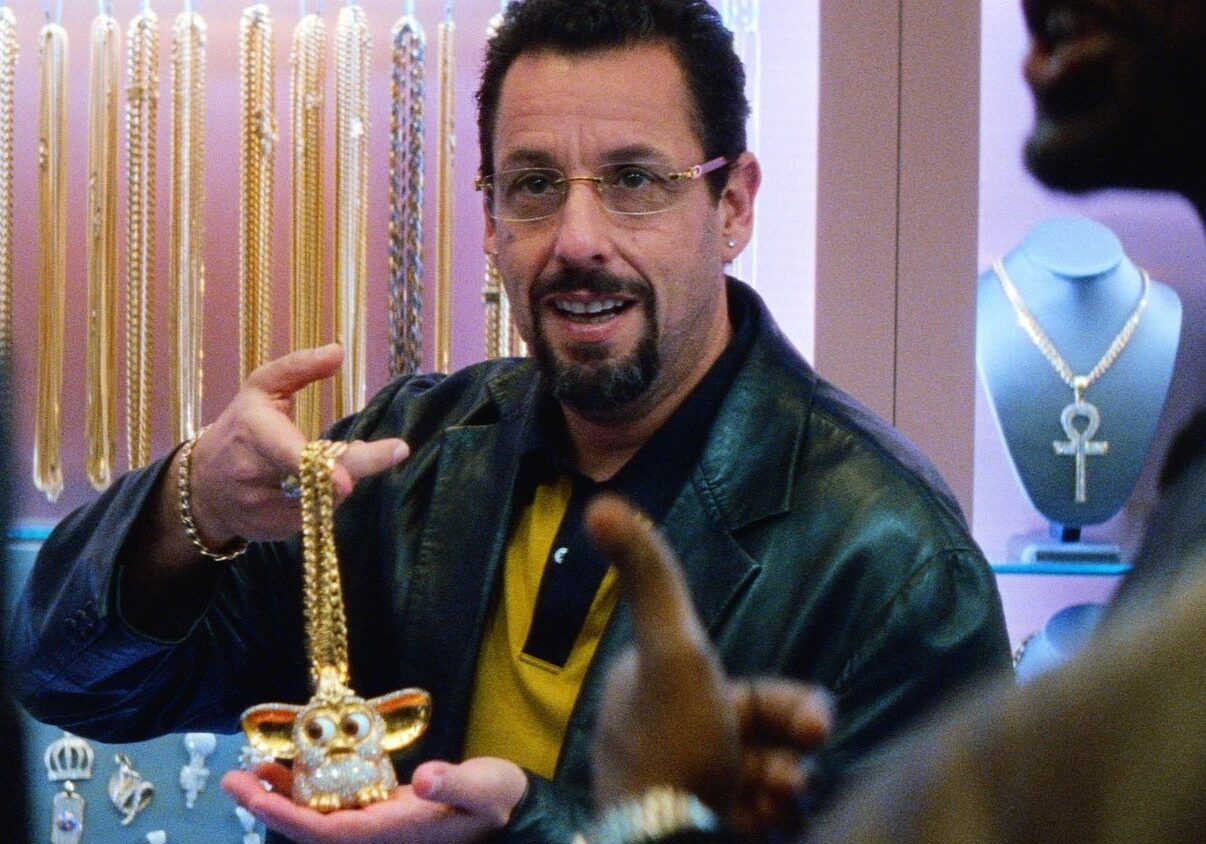Et in Arcadia ego
To learn more about Epsilon Theory and be notified when we release new content sign up here. You’ll receive an email every week and your information will never be shared with anyone else.
Continue the discussion at the Epsilon Theory Forum
The Latest From Epsilon Theory
This commentary is being provided to you as general information only and should not be taken as investment advice. The opinions expressed in these materials represent the personal views of the author(s). It is not investment research or a research recommendation, as it does not constitute substantive research or analysis. Any action that you take as a result of information contained in this document is ultimately your responsibility. Epsilon Theory will not accept liability for any loss or damage, including without limitation to any loss of profit, which may arise directly or indirectly from use of or reliance on such information. Consult your investment advisor before making any investment decisions. It must be noted, that no one can accurately predict the future of the market with certainty or guarantee future investment performance. Past performance is not a guarantee of future results.
Statements in this communication are forward-looking statements. The forward-looking statements and other views expressed herein are as of the date of this publication. Actual future results or occurrences may differ significantly from those anticipated in any forward-looking statements, and there is no guarantee that any predictions will come to pass. The views expressed herein are subject to change at any time, due to numerous market and other factors. Epsilon Theory disclaims any obligation to update publicly or revise any forward-looking statements or views expressed herein. This information is neither an offer to sell nor a solicitation of any offer to buy any securities. This commentary has been prepared without regard to the individual financial circumstances and objectives of persons who receive it. Epsilon Theory recommends that investors independently evaluate particular investments and strategies, and encourages investors to seek the advice of a financial advisor. The appropriateness of a particular investment or strategy will depend on an investor’s individual circumstances and objectives.









Having started on Wall St in the mid-'80s when partnerships were still strong - and senior partners kept most of their personal wealth in their firms as, the partners told you, the firm would be here much longer than they ever would - and, then, over the next five to ten years having watched most of those partnerships fail outright, flounder (and then be absorbed by another firm at pennies on the dollar), do kinda okay in a merger or a few, like Goldman, transition to greater riches - I was fortunate to learn early in my career how short “forever” can be.
Tangential to your argument is how little value today (or impact on duration) money out past ten, twenty, thirty or fifty years has. It’s an odd parallel to the power of compounding where investing money for the long-term results in much greater wealth simply owing to math and time. I’m a planner and worrier (the second drives the first in a reasonably rational mind), so I do think and try to plan out ten, twenty and thirty years. But what worries me is what you wrote - we really know so little about what that world will look like then / what will have endured / what can’t-fail business will be gone / etc.
Having lived through four ten-year cycles, and remembering all the advice that was “smart,” “conventional,” “safe,” etc. at the start of so many ten-years periods (and reading a lot of history, this stuff has been going on for thousands of years), I’m too humbled to have much conviction about the future and cynical about those who do. Perhaps you are right and colleges should run themselves more like businesses - “pay out” their “retained earnings” as lower tuition, award more scholarships, and invest in improving their institutions now (more research grants, better capital stock) - keeping only a modest amount of capital as a cushion. The future is unknown; hence, a confident institution, business or university (nonprofit or government), should have a strong balance sheet where assets align with liabilities and a sufficient cushion is kept for surprises, but where its future is based on (borrowing from Ben here) the process the institution has to maintain its competitive edge and relevancy as the world changes - and not on having a large pile of cash that (see Sears) can evanesce quickly if your process fails.
I wrote a paper in 2000 about investment efficiency in which we looked at behavioural factors impacting on investment management structures. SleepWell was all about regret risk and was a positive factor as it stopped structures changing too radically when trustees of pension funds changed.
But as Rusty says “There are other deaths we cannot avoid.”
In practice, your fund’s horizon is as finite as the next person managing the money who wants to make changes to the portfolio to put their stamp on it. Irrespective if the institution managing it does not change.
Exactly this.
Ozymandias by Percy Bysshe Shelley
I met a traveller from an antique land,
Who said—“Two vast and trunkless legs of stone
Stand in the desert. . . . Near them, on the sand,
Half sunk a shattered visage lies, whose frown,
And wrinkled lip, and sneer of cold command,
Tell that its sculptor well those passions read
Which yet survive, stamped on these lifeless things,
The hand that mocked them, and the heart that fed;
And on the pedestal, these words appear:
My name is Ozymandias, King of Kings;
Look on my Works, ye Mighty, and despair!
Nothing beside remains. Round the decay
Of that colossal Wreck, boundless and bare
The lone and level sands stretch far away.”